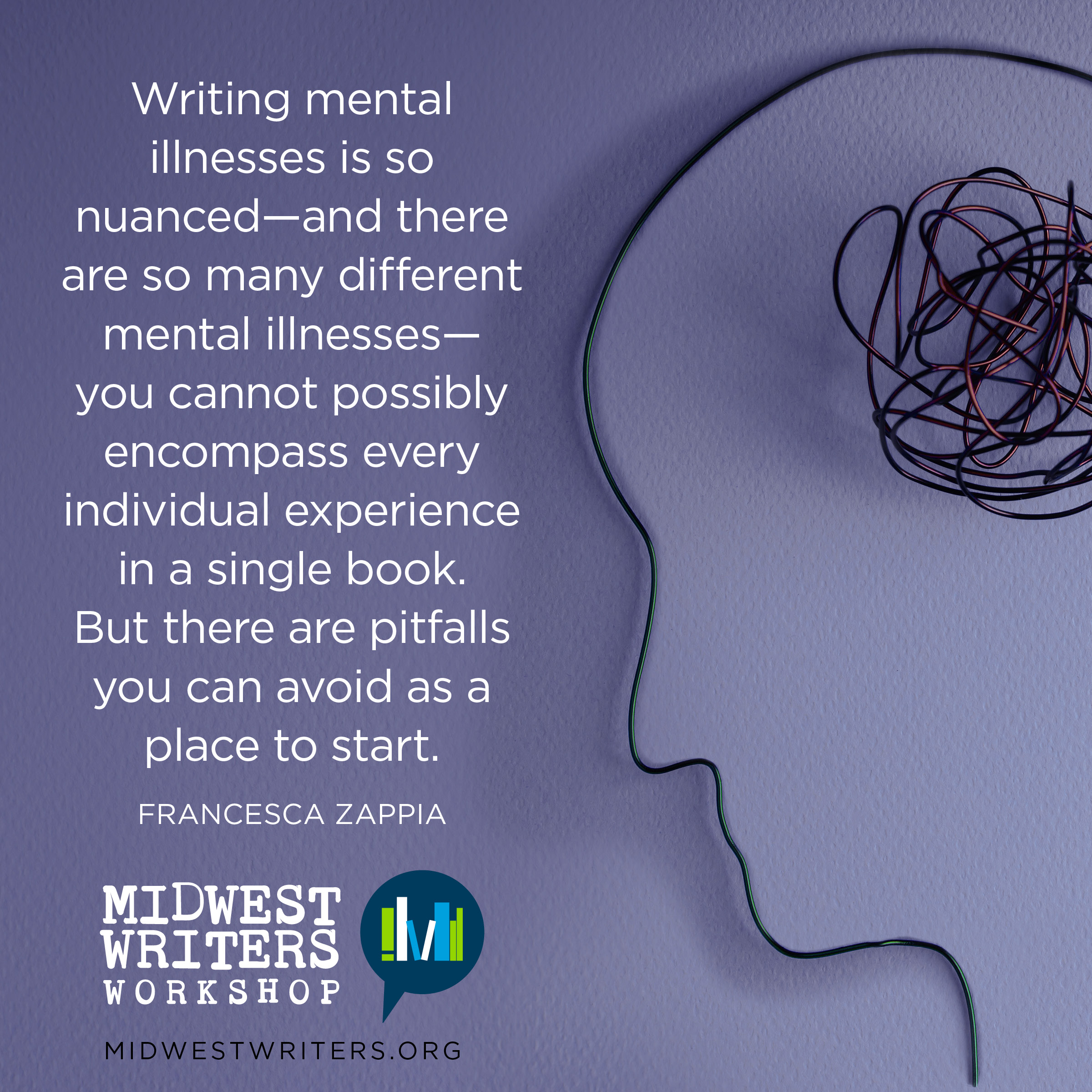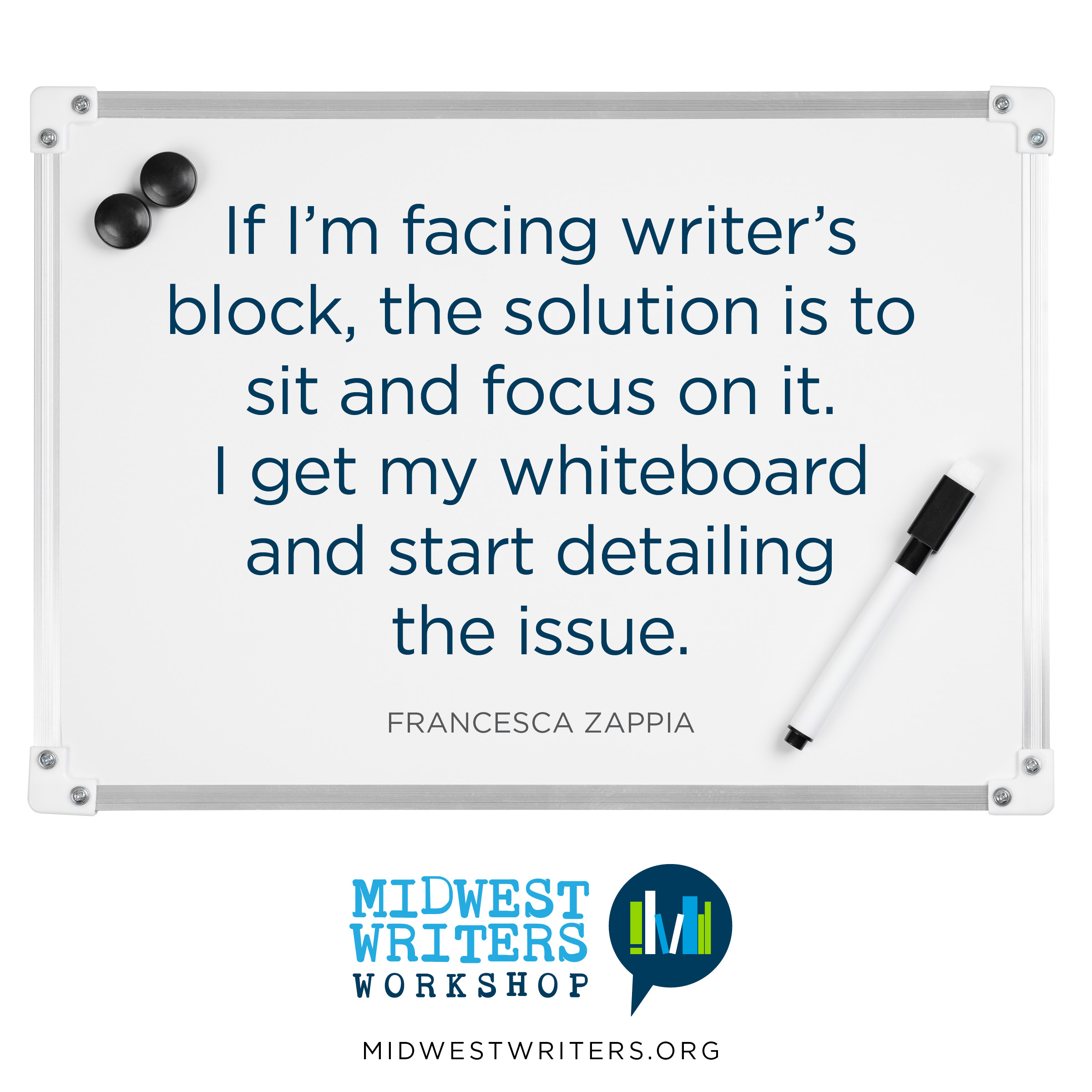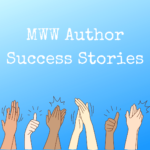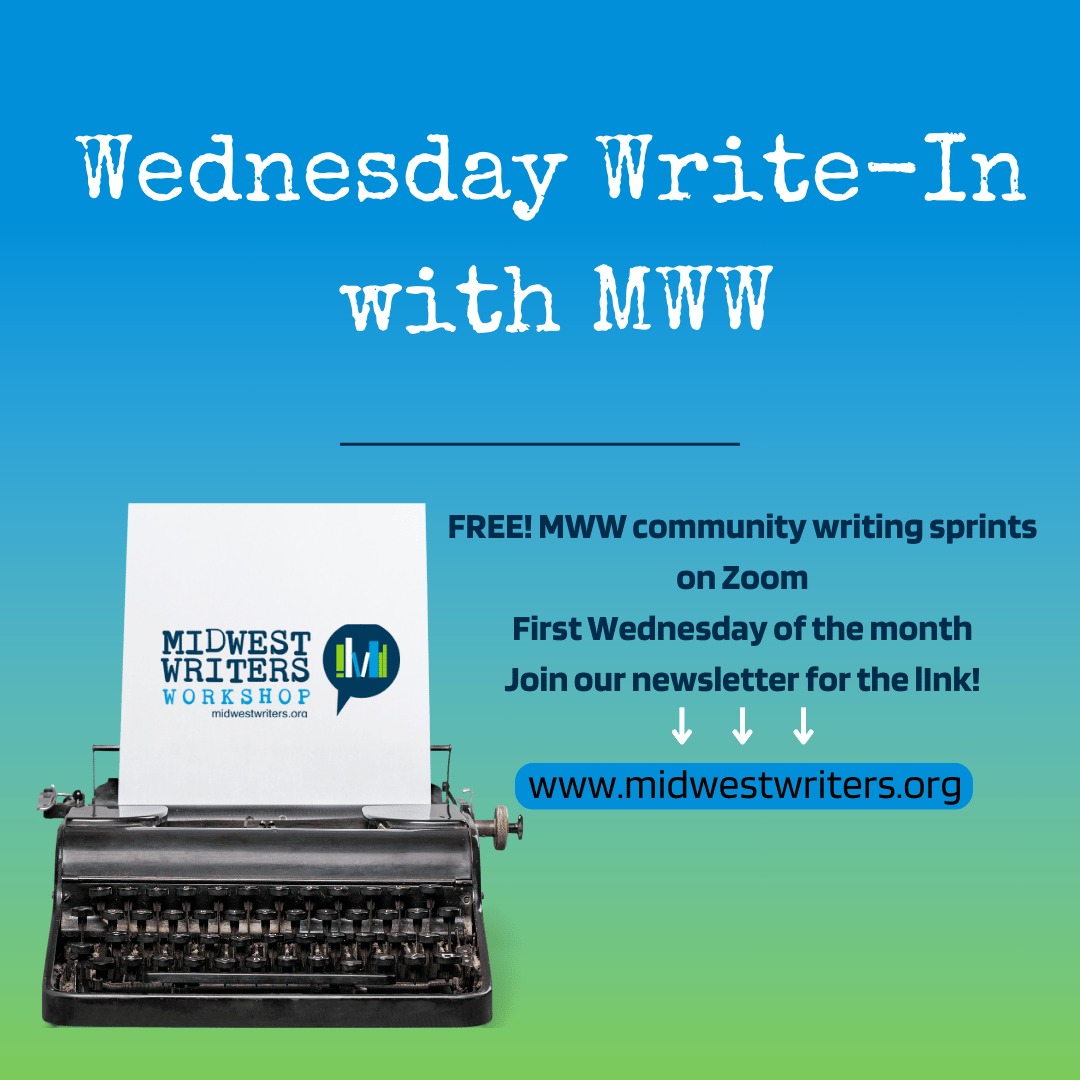Meet Francesca Zappia
 Francesca Zappia is the award-winning author of Young Adult books including Eliza and Her Monsters, Katzenjammer, and Greymist Fair. She has degrees in Computer Science and Business, but writing is her true love. She lives in Indiana and spends her free time playing video games, starting too many crafts, and collecting Magic: The Gathering cards.
Francesca Zappia is the award-winning author of Young Adult books including Eliza and Her Monsters, Katzenjammer, and Greymist Fair. She has degrees in Computer Science and Business, but writing is her true love. She lives in Indiana and spends her free time playing video games, starting too many crafts, and collecting Magic: The Gathering cards.
Francesca will be teaching “Writing Mental Health in YA,” and “What Fiction Writers Can Learn from Pro Wrestling ,” and participating on the panel “Harness Your Creative Energy.”
Learn More About the Conference and Register
All attendees will receive available session materials and have access to the recordings for 90 days following the event
Q&A with Francesca
 MWW: You’ll be holding the session “Writing Mental Illness in YA,” which I’m looking forward to not just because it’s an important topic but because of how well you handled the schizophrenic protagonist in your novel Made You Up. But what are some of the pitfalls you’ve seen when novels include mental illness, and how can writers avoid those?
MWW: You’ll be holding the session “Writing Mental Illness in YA,” which I’m looking forward to not just because it’s an important topic but because of how well you handled the schizophrenic protagonist in your novel Made You Up. But what are some of the pitfalls you’ve seen when novels include mental illness, and how can writers avoid those?
FZ: This is a great question! Writing mental illnesses is so nuanced–and there are so many different mental illnesses–you cannot possibly encompass every individual experience in a single book. But there are big main pitfalls you can avoid as a place to start.
- The mental illness is cured by love or romance. This would be beautiful if true, but a new romance will not fix all your issues, especially ones caused by literal chemical imbalances in your body. A cute romance is nice, and people with mental illnesses also deserve the chance for one, but what will really help them is a strong support system.
- The character feels better and throws away their medicine. Only do this if you’re about to show how bad an idea this is. While having the character discard their medication can seem like an act of joy and triumph, coming off medications for mental illnesses without a specific plan from a doctor can be dangerous.
- Don’t make up symptoms to fit the story. You’re writing about a real thing that affects real people. Ideally, you should only be writing about it if you have a vested interest in that illness. (I didn’t with Made You Up, and that’s something I regret about the book.) Take care with what you write. Be considerate.
MWW: For those of us who aren’t familiar with Pro Wrestling terms, can you give us a sample or an explanation of how we can apply it to our writing?
FZ: Yes! Pro wrestling has many fun terms. I’ll be going over just the basics in my panel. A “face” is the hero, the wrestler you want to cheer for. A “heel” is the villain who riles up the crowd. The face, the heel, the announcers, and the writer of the match all work together to “sell” the conflict, or make it feel real.
Who’s the face of your story? Who’s the heel? How do the two of them work together to sell the emotions and tension of the story to the reader? I’ll be going over this and more!
 MWW: When it comes to creative energy, what sort of things sap yours? How do you rally back from that, or are there times to allow yourself rest?
MWW: When it comes to creative energy, what sort of things sap yours? How do you rally back from that, or are there times to allow yourself rest?
FZ: It’s hard to say exactly what does it. Sometimes it’s working too hard, or too much–the creativity tank just drains. Sometimes it’s because there are too many other big things going on in life and I can’t focus on writing. Sometimes I get frustrated because I don’t know what to do next.
How I come back from it depends on the circumstance. There are absolutely times when I have to rest. I play video games, work on crafts, or spend time with my family and friends. I don’t even try to write. Other times, like if I’m facing writer’s block, the solution is to sit and focus on it. I get my whiteboard and start detailing the issue.
MWW: What book (or resource) on writing craft do you recommend most often?
FZ: It’s common but solid: Blake Snyder’s Save the Cat Beat Sheet. (Here’s the link: https://savethecat.com/) Not every story fits the beat sheet, but most do. Less experienced writers will find a lot of help in how to plot and plan their story, what events need to happen when, and where readers expect the emotional highs and lows of the story to be.
Once you know the basic structure of the story, you can start playing with it!
Learn More About the Conference and Register
All attendees will receive available session materials and have access to the recordings for 90 days following the event
Are You in a Writing Slump? Write With Us!
The “Wednesday Write-In with MWW” is a 30-minute Zoom session, first Wednesday of the month, where we get together and WRITE.
It might seem weird to have the Brady-Bunch Zoom screen filled with people not talking to each other, but please trust me: It works. It creates an accountability; it creates a space where your sole purpose is to get words down on paper. I might allow for a *little* chit-chat 🙂
To accommodate people’s availability, we will alternate morning sessions and evening sessions. Let’s dedicate 30 minutes of our day, once a month, to generating words and developing our craft!
Subscribe to our newsletter for the monthly link!
Success Stories
 Finish an essay, a book, a paragraph? Have something published? Tell us about something exciting you’ve done with writing and/or publishing in the past year. Bonus points if you can tell us how MWW has made an impact on your writing.
Finish an essay, a book, a paragraph? Have something published? Tell us about something exciting you’ve done with writing and/or publishing in the past year. Bonus points if you can tell us how MWW has made an impact on your writing.
Send your success stories to midwestwritersworkshop@gmail.com and we’ll post it on our website!
MWW is dedicated to building a community where writers can network with others and grow.
 ADVERTISE WITH US!
ADVERTISE WITH US!
This ad space could be yours! MWW publishes four digital newsletters a month. With a 42+% open rate, we offer an excellent venue for reaching your target audience.
You can also be featured in our event programs!
Check out our advertising opportunities.
SEE WHAT ELSE MWW HAS TO OFFER
- MWW Writing Service: Receive manuscript evaluations from our experts
- Midwest Writers Workshop Facebook Group: Join our community to network, support, celebrate, and commiserate with other writers








